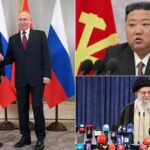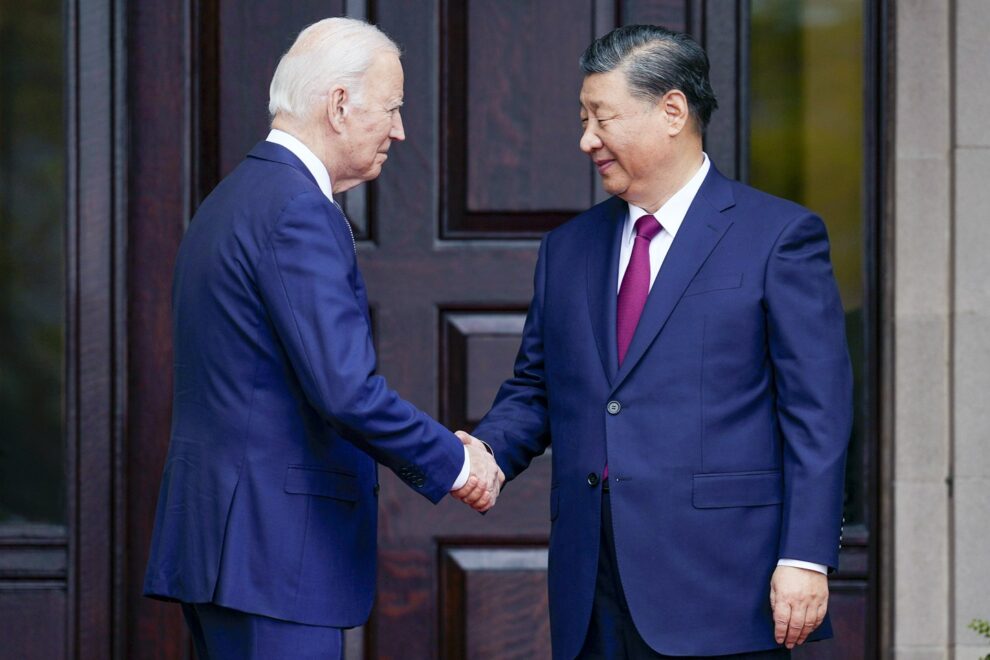American and Chinese officials will meet in Geneva on Tuesday for talks aimed at regulating artificial intelligence technology, which was one of the three key goals negotiated by presidents Joe Biden and Xi Jinping during their high-profile summit in San Francisco last year.
Officials from the White House, State Department and Department of Commerce and counterparts from China “will exchange views on how the two governments understand and seek to address the risks of advanced AI systems,” according to a White House statement.
AI regulation appears to be one of the few areas where the world’s two major powers have been willing to work together recently, with the two countries co-sponsoring a resolution at the United Nations in March to encourage more responsible development of AI technologies.
At their November summit, it was also one of the three major agreements struck by Xi and Biden, alongside a deal to reinstate military-to-military communications and work to end the export from China of fentanyl precursors that end up in the United States.
Six months on, this week’s talks in Geneva mean that progress is being made on all three deals – the two countries’ top generals held a telephone call in December leading to an in-person meeting of lower level military in January, and fentanyl talks are also underway.

Speaking on condition of anonymity to discuss the meeting ahead of time, a senior Biden administration official said the talks would continue Cold War-era efforts with the Soviet Union to stave off a nuclear war.
“We do have a long history of engaging with competitors on issues of global safety and security,” the official said. “We don’t see eye-to-eye with [China] on many AI topics and applications, but we believe communication on critical AI risks can make the world safer.”
Invest, align and compete
U.S. officials are billing the meeting as part of the “invest, align and compete” strategy, which seeks to increase investment in national security and align with allies in order to compete with China.
Led by Biden’s national security adviser, Jake Sullivan, American officials have since last year’s Biden-Xi summit in San Francisco also said that the United States and China need to work together where they have shared interests, even if they are strategic foes.
But the senior White House official said Tuesday’s talks do not aim to secure any major deals and are instead meant to lay groundwork.
“The goals of the talks are scoped to be focused on risk and safety, with an emphasis on advanced systems,” the official said, explaining that the results would influence future rounds of negotiations.
“These talks are not going to be focused on any particular deliverables, but rather an exchange of views on the technical risks of AI, and an opportunity to directly communicate respective areas of concern.”
The official declined to comment on the likelihood both sides would pledge that AI systems will not be put in charge of decisions to deploy nuclear weapons, reiterating that no major deals were expected.
But he did note that the U.S. delegation would express its concerns about the Chinese military’s increasing focus on AI capabilities.
China is “rapidly deploying capabilities across civilian as well as military national security sectors, and in many cases in ways that we believe undermines both U.S. and allied national security,” the official said.
“So we’ve of course taken targeted actions to address those risks,” he said. “And we will reiterate our concerns about Beijing’s use of AI”
Source: RFA















